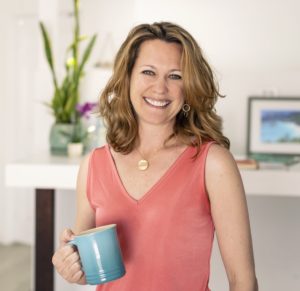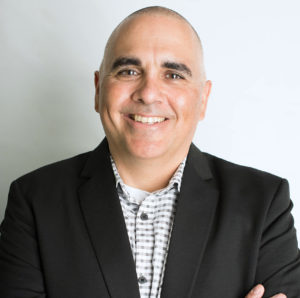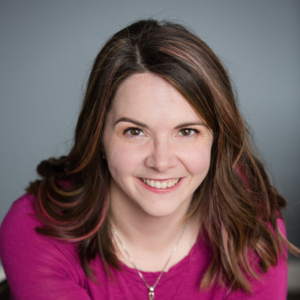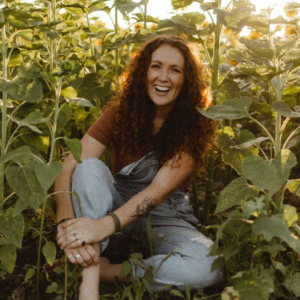I'm so excited to introduce you to this week's guest on Pep Talks for Side Hustlers, Pia Silva of NO BS Agency Mastery!
Pia Silva is a partner and brand strategist at Worstofall Design where they build entire brands in 1-3 day intensives. She’s also the founder of No BS Agency Mastery where she helps small branding agencies increase profits and freedom without hiring employees. She’s a TEDx speaker, a Forbes contributor, podcast host and author of Badass Your Brand.
Push play to listen to this week's episode, or read the full transcript below!






